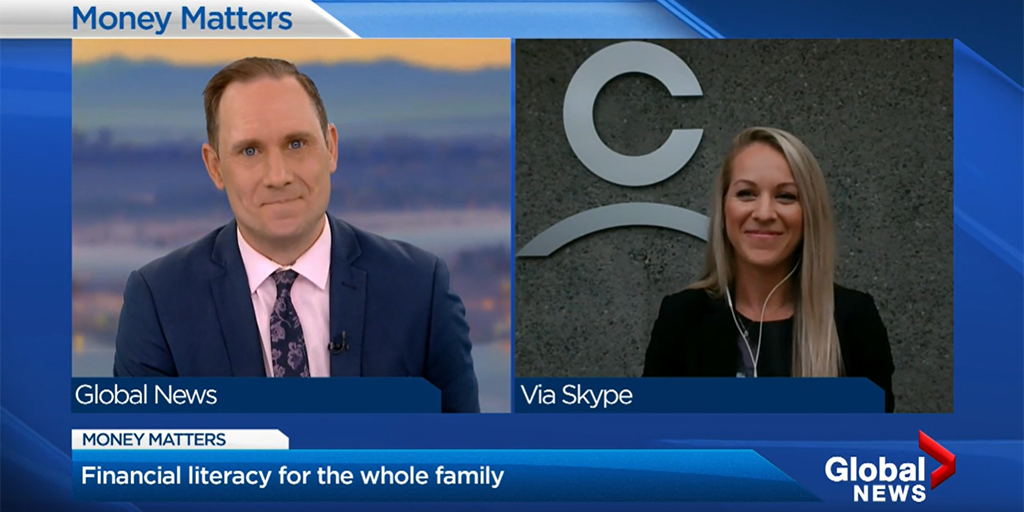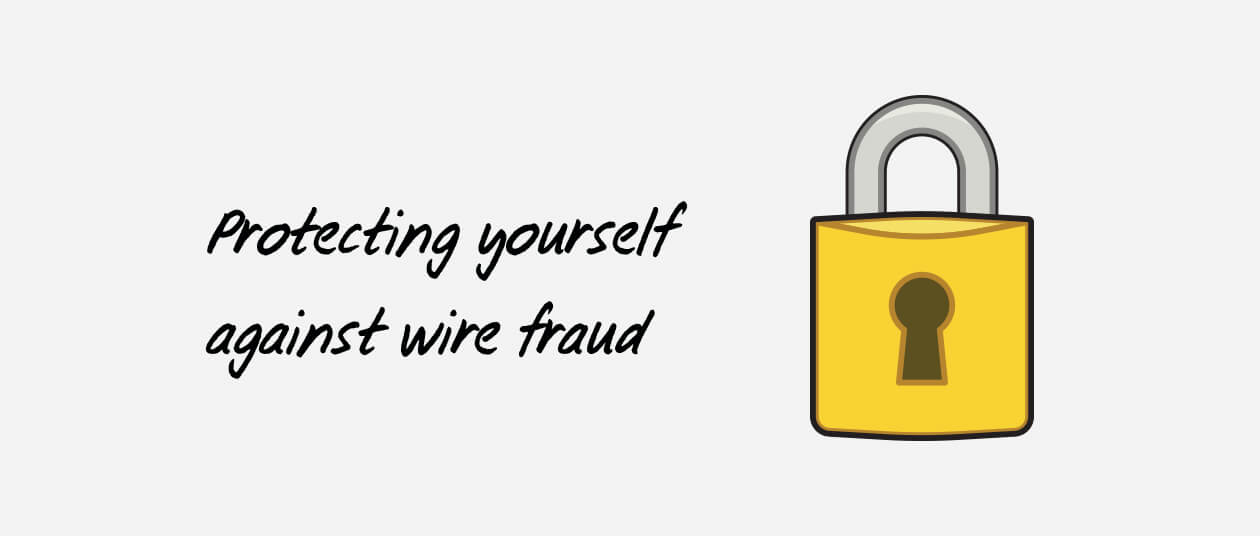They say a child’s brain is like a sponge, and when it comes to finances: the earlier that good habit can be formed, the better kids will be with managing money. For more on that we’re joined by Debra Brady.
What age should you start talking to your kids about money?
I always tell parents to start small and start early. Even at age 5 you can get started. It doesn’t need to be a formal lesson or a 5 year plan, even just an allowance is a great way to get started. Through earning their own money, even if it’s just a toonie a week, it sets them on the right course to learning at a very basic level about budgeting, spending, planning, and saving. How and how much they earn for their allowance is entirely up to you. Do what works best for your family.
What kinds of things should you be talking to your kids about? Should you open a bank account for them?
Definitely. I would say opening a bank account of their own is a great next step. It’s a good introduction to how bank accounts work. With their own account, kids will learn how money goes in and money goes out. And in some accounts money earns interest, which is another important lesson and added perk of being able to watch your money grow.
What would be the number one thing to teach someone in that 5-10 year age group?
Get them started on a budget. I know this sounds really early, but this will help them identify the difference between a want and a need. A child’s budget would include money for treats or gifts or clothing or toys, and of course, savings. So talk to them about what are their goals for their money. What are their short term and long term goals? It’s helpful for them to have that in their mind so they know why they’re saving, and why they don’t want to spend all their money in one place.
What are the easiest ways to teach young kids about money?
Believe it or not if you start young, you can actually start with board games. For example Monopoly, Pay Day, The Allowance Game, Money Bags. And for elementary school children there’s a lot of fun in educational books. “If You Made a Million” by David M Schwartz, “Finance 101 for Kids” by Walter Andal, and “Money Ninja” by Mary Nhin.
There are also other resources like Junior Achievement British Columbia for free financial literacy programs and workshops available in classrooms and online across the province for grades 4-12. Or you can browse our blog and check out our article on financial literacy for children.



